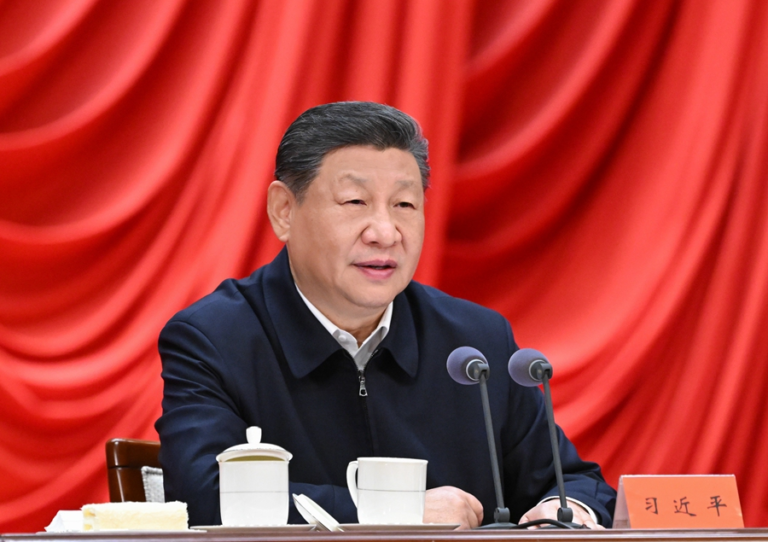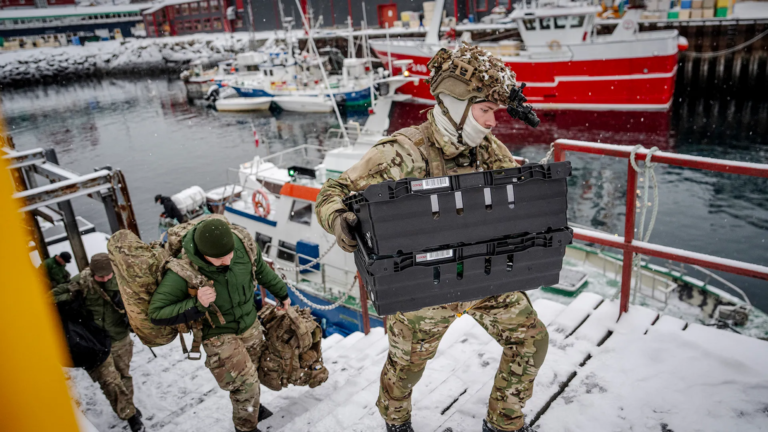
India is positioning its “blue economy” maritime initiatives as a development strategy and diplomatic lever in the increasingly strategic waters of the Indian Ocean. Amid growing regional competition, New Delhi is fostering cooperation with other littoral states through sustainable maritime practices, advanced marine technologies and infrastructure investment — an approach that reinforces its Indo-Pacific ambitions.
“The blue economy isn’t just about development; it can also serve as a powerful diplomatic bridge between India and its Indian Ocean neighbors,” Lauren Dagan Amoss, an analyst specializing in Indian foreign policy, told FORUM, noting that about 50% of global trade transits the Indian Ocean.
India’s evolving approach is anchored in its Mutual and Holistic Advancement for Security and Growth Across Regions vision, which aims to strengthen maritime security partnerships and economic connectivity across the Indo-Pacific, while supporting the development of smaller maritime states. India’s defense diplomacy — evident in missile sales to the Philippines and the gifting of naval assets to Vietnam — highlights New Delhi’s strategic recalibration, especially amid rising tensions with China.
India is rapidly developing its maritime capabilities, including with the June 2025 commissioning of the Indian Navy’s first domestically produced anti-submarine shallow watercraft, INS Arnala. Such advanced vessels promise to bolster surveillance and interdiction operations in a region prone to threats such as piracy.
At the same time, India is advancing a comprehensive strategy to develop its coastal regions, including modernizing fisheries, boosting aquaculture, and attracting investment in renewable energy and tourism — all aligned with the United Nations Sustainable Development Goals. The initiatives seek to incorporate technologies such as solar-powered vessels and artificial intelligence-enabled ocean monitoring.
“Littoral states across the Indian Ocean will need to adopt smart blue economy policies — ones that support local industries while protecting the marine ecosystems they depend on,” Amoss said.
At the June 2025 Nor-Shipping conference in Norway, Indian and Japanese officials discussed expanding maritime cooperation, India’s Press Information Bureau reported. Topics included research and development, port digitalization, co-development of ports and maritime industrial clusters, and disaster-resilient infrastructure.
“Relations between India and Japan have a long history rooted in spiritual affinity and strong cultural and civilisational ties,” Shri Sarbananda Sonowal, India’s minister for ports, shipping and waterways, said in a news release. “Our collaboration under the Quad framework [with Australia and the United States] and the India-Japan-Australia Supply Chain Resilience Initiative (SCRI) reflects our shared commitment to strengthening regional maritime security and economic integration.”





